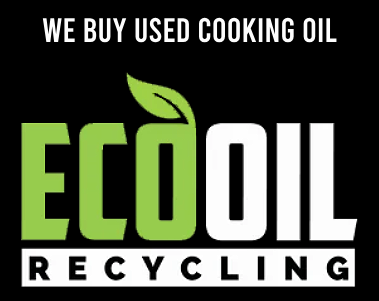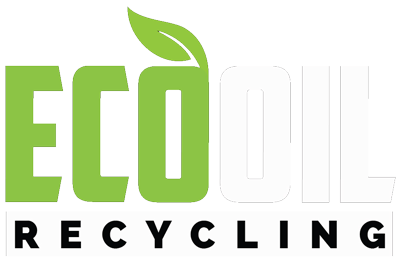In a world continuously facing environmental challenges, the search for sustainable solutions has never been more important. While many are opting for driving electric vehicles, installing solar panels, or cycling to work, there’s another impactful way businesses can contribute to a greener future: used cooking oil recycling. For restaurants and food service establishments, one significant source of environmental waste is used cooking oil—a substance that, when improperly disposed of, can cause serious environmental hazards and plumbing nightmares.

EcoOil Recycling’s Eco-friendly Process
EcoOil Recycling’s closed-loop system transforms what would otherwise be waste into valuable renewable energy. The journey begins with your business.
1. Collection at the Source
As an EcoOil Recycling customer, you’ll receive dedicated recycling bins where our team can go to collect used cooking oil. These specialized containers ensure safe, spill-free storage until collection day, making commercial kitchen oil recycling simple and hassle-free.
2. Professional Transportation
When your bins reach capacity, our professional team pumps the used cooking oil and transports it to our facility in South Hampton, NH. Our fleet of specialized vehicles ensures that the oil is safely transported, preventing potential environmental contamination along the way.
3. Advanced Processing
When the bins officially arrive at the EcoOil Recycling facility, the used cooking oil undergoes thorough processing to remove things like water and food solids. This produces wastewater, which effectively separates the used cooking oil from other contaminants.
4. Transportation to Biofuel Refineries
The cleaned used cooking oil is then transported to local biofuel refineries where it is transformed into renewable energy, effectively creating a valuable product from what was once considered mere waste.
5. Biofuel Production
The refineries that EcoOil Recycling works with convert the recycled cooking oil into bio-fuel, a renewable energy source that creates enough energy to heat thousands of New England homes! This process significantly reduces carbon emissions compared to traditional fossil fuels; this is a win for both local communities and the environment.
6. Wastewater Repurposing
Even the wastewater generated during processing has a purpose! It’s sent to local anaerobic digestors, which are oxygen-free environments that help break down and extract energy from organic waste. This energy not only reduces the overall volume of waste produced by the oil, but provides energy that can be used to power establishments.
7. No Landfills
Arguably one of the most important parts of the EcoOil Recycling process: nothing enters a landfill. From start to finish, the used cooking oil is transformed into either biofuel or green energy, creating a sustainable recycling system.
Partner with EcoOil Recycling Today!
Beyond the environmental impact recycling waste cooking oil, partnering with EcoOil Recycling for your used cooking oil collection services offers numerous benefits for your business. From regulatory compliance to enhanced reputation and potential cost savings on things like restaurant grease trap cleaning, the advantages extend far beyond simple waste disposal. If you operate restaurants in New Hampshire that require requiring bulk restaurant oil disposal or facilities that need restaurant grease removal in Massachusetts, EcoOil Recycling provides tailored solutions that align with your operational needs while supporting environmental sustainability throughout New England.
In a world where environmental challenges continue to mount, EcoOil Recycling’s innovative recycling process demonstrates how businesses can be part of the solution. By transforming kitchen waste into renewable energy, they’re creating a model of sustainability that benefits businesses, communities, and the planet alike. Contact EcoOil Recycling today and discover how your waste can become part of New England’s green energy solution.

